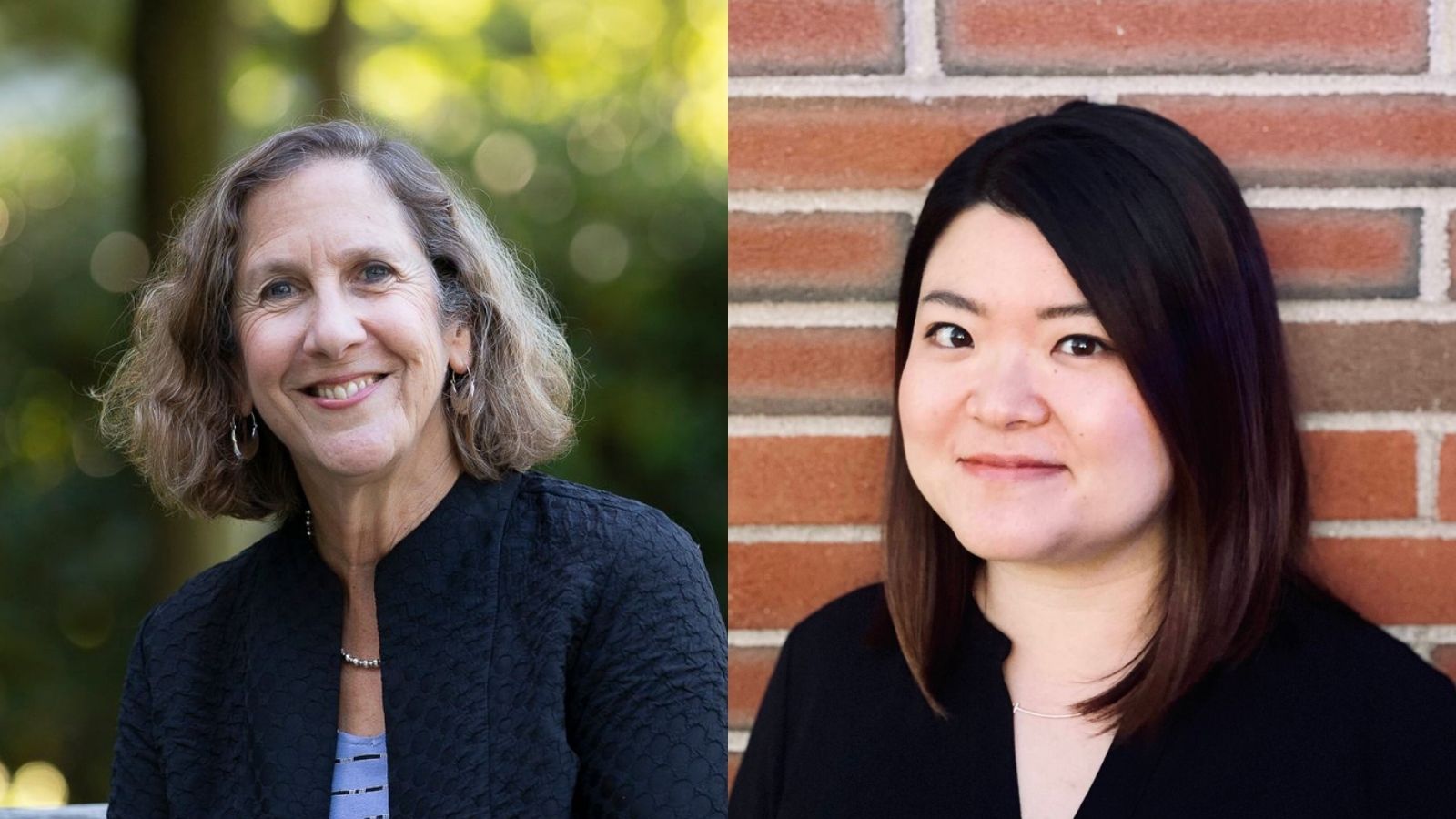BUSSW Community Presents Research at Early Childhood Development & Education Conference in Lesotho, Southern Africa

Researchers from BU School of Social Work (BUSSW) recently showcased their expertise at the Early Childhood Development & Education Conference in Lesotho, Southern Africa, underscoring the school’s commitment to addressing global challenges throughresearch, education, and partnerships. Prof. Ruth Paris and Mihoko Maru (PhD’20), an alum and research associate at the Center for Innovation in Social Work and Health (CISWH), along with Prof. Dina Castro from BU Wheelock presented research addressing critical issues in early childhood development, maternal mental health, trauma, and bilingualism.
As representatives of the BU Wheelock Institute for Early Childhood Well-Being, Profs. Paris and Castro also strengthened collaborations with local organizations, including the Network of Early Childhood Development of Lesotho (NECDOL) and the Lesotho Boston Health Alliance (LeBoHa), affiliated with BU School of Medicine and Dr. Brian Jack, former chair of Family Medicine and current President of LeBoHa. Meetings took place during the conference to plan future research and training collaborations.
Exploring Maternal Trauma & Child Development
Maternal trauma can disrupt parent-child relationships and negatively affect a child’s development, potentially perpetuating cycles of intergenerational trauma. Paris shared findings from her study on the effects of maternal trauma on immigrant families in the U.S., and a trauma-focused intervention using Child-Parent Psychotherapy (CPP) for Latinx immigrant families. The program helped mothers strengthen their relationships with their children, improve their mental health, and reduce parenting stress, even among mothers with severe trauma symptoms. Paris emphasized that similar interventions could benefit families experiencing in-country migration and socioeconomic stressors in places like Lesotho.
Understanding Intergenerational Trauma
 When unresolved trauma is passed from parents to their children, it can hinder individual development, exacerbate mental health challenges, and create systemic barriers to achieving stability and success. Maru’s presentation examined how the timing of maternal trauma exposure influences children. Her research revealed that maternal trauma—whether experienced in childhood, adolescence, or adulthood—can have significant intergenerational effects, including behavioral challenges and mental health concerns in offspring. Based on this research, Maru recommended interventions that address both maternal trauma histories and critical developmental periods, highlighting the importance of tailored programs to support positive child outcomes.
When unresolved trauma is passed from parents to their children, it can hinder individual development, exacerbate mental health challenges, and create systemic barriers to achieving stability and success. Maru’s presentation examined how the timing of maternal trauma exposure influences children. Her research revealed that maternal trauma—whether experienced in childhood, adolescence, or adulthood—can have significant intergenerational effects, including behavioral challenges and mental health concerns in offspring. Based on this research, Maru recommended interventions that address both maternal trauma histories and critical developmental periods, highlighting the importance of tailored programs to support positive child outcomes.
Bilingualism, Child Development, & Education
Castro also gave one of the conference’s keynote addresses on bilingualism. Africa is the most linguistically diverse continent with about 2,000 indigenous languages—nearly a third of the world’s total languages. She explored how bilingualism shapes children’s development, emphasizing neuroscience research, the importance of cultural and individual contexts, and the characteristics of high-quality education for bilingual children.

